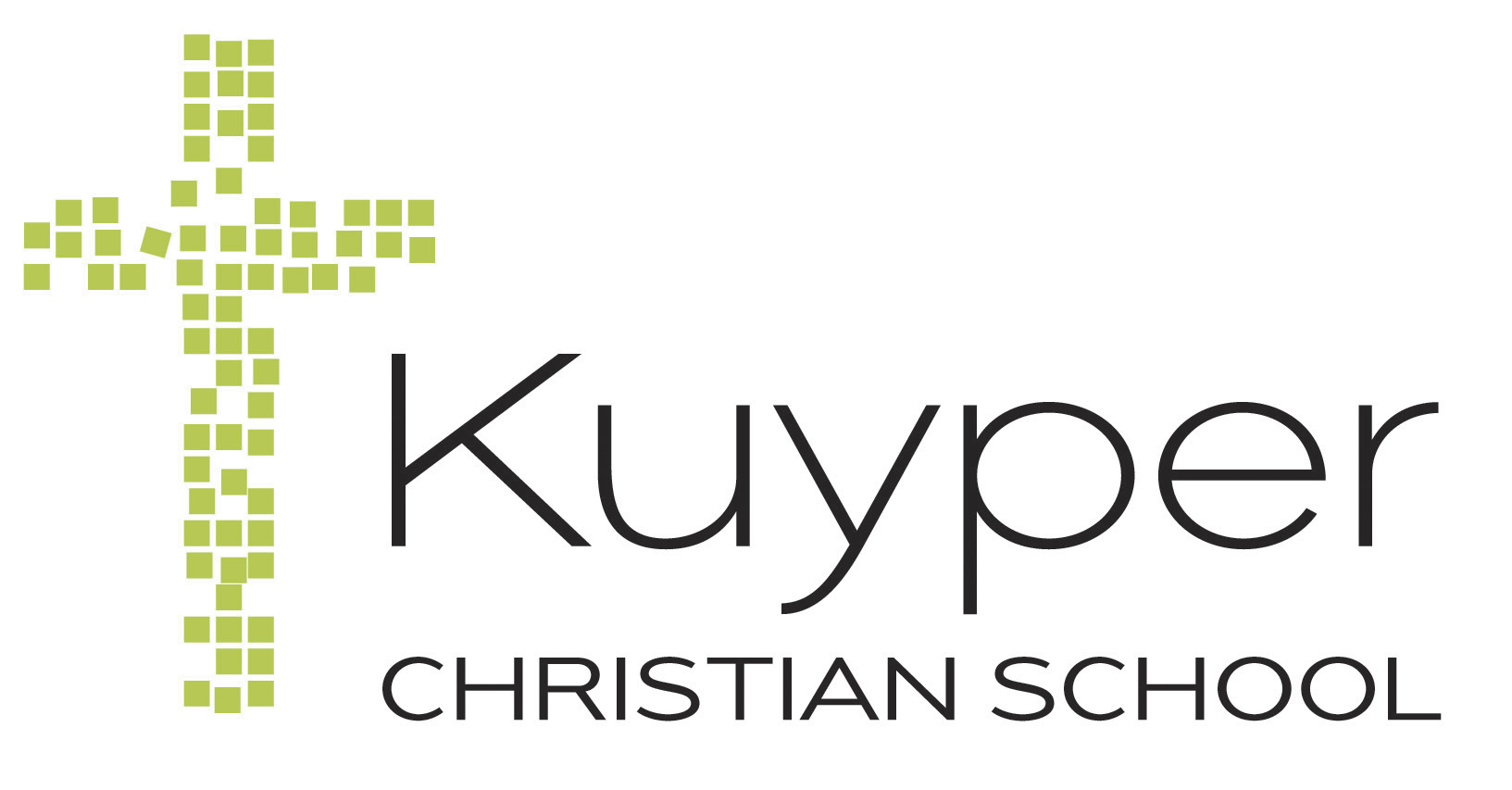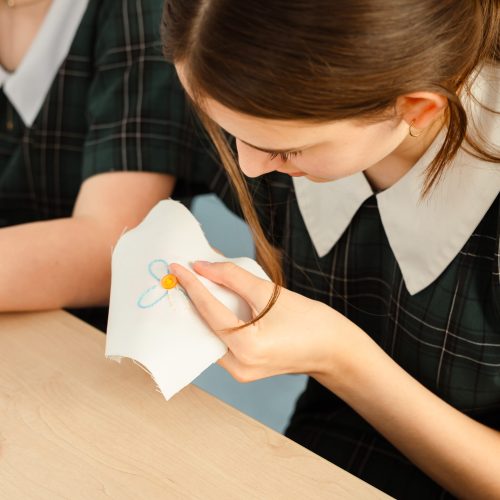Cassie Dixon, Head of Teaching and Learning
Earlier this year, I was listening to a podcast in which the interviewer asked, “What is the primary emotion of learning?” Being the lover of learning that I am, my immediate response was ‘joy’. I was shocked when the interviewee, Dr Becky Kennedy, answered that the primary emotion of learning is frustration.
This statement, and the difference between her statement and my own opinion, piqued my interest. How could my response be so different from the general public’s experience of learning? I actually paused the podcast at that point to ponder that. Do I ever feel frustrated when I am learning something new?
I usually enjoy learning new theoretical concepts. I love encountering new ideas and the challenge of understanding new information. I sometimes even learn things for fun! However, I am more likely to experience frustration when learning a new physical skill. I get frustrated that I keep making mistakes when I’m playing my clarinet. I envy my friend who cooks delicious meals by making up the recipe as she goes, whereas I usually follow a recipe, and it’s still never as good as hers. I hate and can really struggle with having to admit to someone that I still can’t do something that they’ve shown me how to do. I am also well-versed in the frustration that comes with God teaching me the same lesson time and again, all because I feel like it didn’t ‘stick’ the last time.
As I thought these things through, I realised that Dr Kennedy’s statement was true. Learning things is challenging. In fact, it can be so frustrating that we would rather give up than continue trying when we feel like we’re not good at something. Looking back, serveral things came to mind that I’ve tried but given up on due to the frustration or discomfort that comes with being a beginner.
I’ve never been good at sports. The ball doesn’t usually go where I want it to when I kick it, and I can’t seem to throw the ball hard or far enough for other games.
I tried to learn how to play the guitar a number of years ago. I would love to be able to play, but when I first started learning, I felt awkward trying to strum and didn’t think it sounded any good.
For things that I’ve tried before but still struggle with, I’ve often thought that I’m not talented in those areas. When I started thinking about the frustration of learning, I realised that perhaps it’s not that I’m not a natural at those things, but instead that I didn’t practise enough. Maybe I gave up too soon.
When I went back to the podcast, I heard Dr Kennedy go on to describe ‘The Learning Space’ – that is, the gap between not knowing how to do something and successfully doing something. She explained that this space is naturally filled with discomfort. When attempting to learn something new, we make mistakes, feel like a ‘failure’, and sometimes have to admit that we can’t do something. It can be humbling to have to ask for help.
Students should regularly face discomfort in their learning. They should come face-to-face with things that they cannot do (yet). To learn, they have to try to do things even though it may feel awkward or embarrassing when they don’t get it right the first time. They will make mistakes.
We should expect that they will experience these frustrations, and because we expect it, we should also plan to support them in sitting with the discomfort of learning and keep going anyway.
At Kuyper, we strive to have classroom cultures where making mistakes in learning is not only expected, but is held up as evidence that people are learning something new. It is the proof that people are creating new neural pathways and changing the way their brains work. Continuing to make mistakes in learning, especially when it takes several times to get something right, demonstrates the courage that it takes not to let the discomfort of learning stop you from trying.
Even before they start school, children need to be encouraged to try things that are scary or new. They may need to be reminded that they are capable of facing challenges and that it’s okay if something is tricky, even if they make mistakes. It is a wonderful strength to be able to admit that we don’t know how to do something and to ask for help. As we seek to help our young people, it is also important that we remember not to give in to our ‘rescue reflex’ – the term that Dr Brownyn Wong, Head of Secondary at Tyndale Christian School, uses to describe the instinct to step in and ‘rescue’ people from the discomfort of learning, often by doing the task for them.
One way we can encourage children to sit with the discomfort of learning is to share with them times when we have faced or are facing similar frustrations. Tell them stories of the number of times you had to practise ‘terrific’ before you learned to spell it correctly consistently. Let them know about the new skill you’re having to practise in your own work, and how you wanted to give up but kept going anyway. Tell them when you decide to try a new thing as part of your hobby, because you’ve become pretty good at what you usually do, and you want a challenge.
At the same time, remember that we have a God who does the same for us and is gracious towards us. He loves us too much to leave us in our comfort zones. He challenges and stretches us. He knows that we may need encouragement when we step out and try something new. God knows that we need reminders that we are capable of facing challenging, tricky situations, not by relying on our own strength, but by relying on Him. He wants us to ask for help and rely on Him. And whilst He may occasionally rescue us from our difficulties, His promise to us instead is that we will never have to face our challenges alone.
What a good and gracious God He is.

